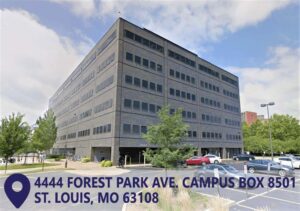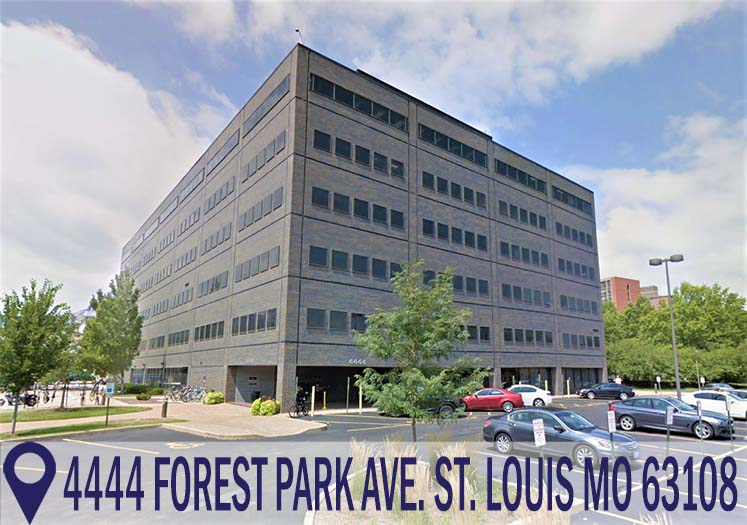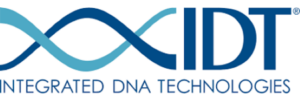
Not Just Data… Answers

The Genome Access Technology Center at the McDonnell Genome Institute leads the world and the St. Louis community in the fast-paced, fluid field of genomics. With always versatile offerings of next generation sequencing, microarray, PCR, Bioinformatic services, and other comprehensive options so that can complete our collaborators’ research needs. In addition to generating high quality genomic, transcriptomic, and even proteomic data, we also perform data analysis and provide technological support to users to ensure maximum data value and understanding of the results.

Not Just Data… Answers
The Genome Access Technology Center at the McDonnell Genome Institute leads the world and the St. Louis community in the fast-paced, fluid field of genomics. With always versatile offerings of next generation sequencing, microarray, PCR, Bioinformatic services, and other comprehensive options so that can complete our collaborators’ research needs. In addition to generating high quality genomic, transcriptomic, and even proteomic data, we also perform data analysis and provide technological support to users to ensure maximum data value and understanding of the results.
Core Technologies
News
Recently added technologies/services
- Illumina NovaSeq X Plus sequencing available as full and shared runs
- PacBio Revio sequencing
- 10x Genomics Xenium for targeted, high-resolution spatial transcriptomics
- 10x Genomics Single-cell Gene Expression Flex (fixed cells)
- 10x Genomics Visium spatial transcriptomics assay for FFPE specimens
- Somalogic SomaScan 11K proteomic assay for serum, plasma, cerebrospinal fluid, urine, or other equally small amounts of
Highlighted Collaborator Publications
Science Immunology
RNA-seq and CompBio Tool analysis
Nature
RNAseq and ChIPseq with Illumina HiSeq and NovaSeq sequencers.
Additional MGI Services

Need Help With A Project?
What Our Collaborators Say
Within the past 5 years our focus changed from exclusively bone cell biology to the relationship of adipose tissue and the skeleton. In the course of these studies we faced opportunities to identify a unique macrophage genotype which completely prevents diet induced obesity and signaling pathways activated by ablation of adiponectin expressing cells which induce massive bone formation. We turned to members of GTAC to assist us. They enthusiastically agreed and their efforts were central to publications in high impact journals which they co-authored as well as a recently funded Department of Defense grant. We at Washington University are fortunate to have this resource and especially very collaborative GTAC members.
Dr. Steven Teitelbaum
GTAC@MGI provides an outstanding range of genomic, proteomic and bioinformatics capabilities, coupled with first class support, responsiveness and innovation. We have benefited tremendously from their expertise in large-scale DNA/RNA sequencing (e.g. Illumina NovaSeq), aptamer-based proteomics (SomaLogic SomaScan) and multiplexed qPCR assay design and execution (Fluidigm Biomark HD), to name just a few. Their innovative knowledge generation algorithm ‘CompBio’ takes interpretation of large multi-omic datasets to another level. CompBio performs an automated extraction of knowledge from all PubMed abstracts containing terms relevant to your dataset, and uses conditional probability analysis to compute the statistical enrichment of contextually associated biological concepts/themes. This has generated numerous novel insights into the biological effects of our ‘microbiota-directed’ foods on host physiology; moreover, having also spent many years in Pharma, I can vouch firsthand for the uniqueness and power of this tool for data interpretation and hypothesis generation.
Dr. Mike Barratt
Our research program has benefited tremendously from support we have had from the GTAC. This has included both a wide range of technical services, including quality assessments, library preparation, and sequencing of samples from RNA- and ChIP-Seq experiments, as well as collaborative data analysis support, which, together, has directly contributed in substantive ways to the publications listed below, presentations at national meetings, and ongoing collaborative projects. We are very grateful for and intend to continue utilizing these exceptional resources which have accelerated the advancement of our research program.
Publications That Demonstrate GTAC@MGI’s Service Options
Identification of an epigenetic signature of early mouse liver regeneration that is disrupted by Zn-HDAC inhibition
Postponing the Hypoglycemic Response to Partial Hepatectomy Delays Mouse Liver Regeneration
Diet Modifies Pioglitazone’s Influence on Hepatic PPAR γ-Regulated Mitochondrial Gene Expression
David Rudnick
My experience in dealing with GTAC was extremely gratifying. I was able to discuss the study design ahead of time so that I had a sufficient sample size to address my scientific questions. GTAC also helped me work through the best way to analyze and present the large data sets in a simplified format that facilitated my ability to effectively communicate our findings to the scientific community.
Publications That Resulted from GTAC@MGI services
Myocardial B cells are a subset of circulating lymphocytes with delayed transit through the heart
Proteomic Signatures of Heart Failure in Relation to Left Ventricular Ejection Fraction
Developmental changes in myocardial B cells mirror changes in B cells associated with different organs
Douglas Mann

The Genome Access Technology Center at the McDonnell Genome Institute leads the world and the St. Louis community in the fast-paced, fluid field of genomics. With always versatile offerings of next generation sequencing, microarray, PCR, Bioinformatic services, and other comprehensive options so that can complete our collaborators’ research needs. In addition to generating high quality genomic, transcriptomic, and even proteomic data, we also perform data analysis and provide technological support to users to ensure maximum data value and understanding of the results.
Featured Technology
Single Cell Multiome ATAC + Gene Expression
Interested in researching the transcriptome and the epigenome in a single cell? Approach it multidimensionally with the single cell Multiome ATAC + Gene Expression process. Check out this video to understand it better.





